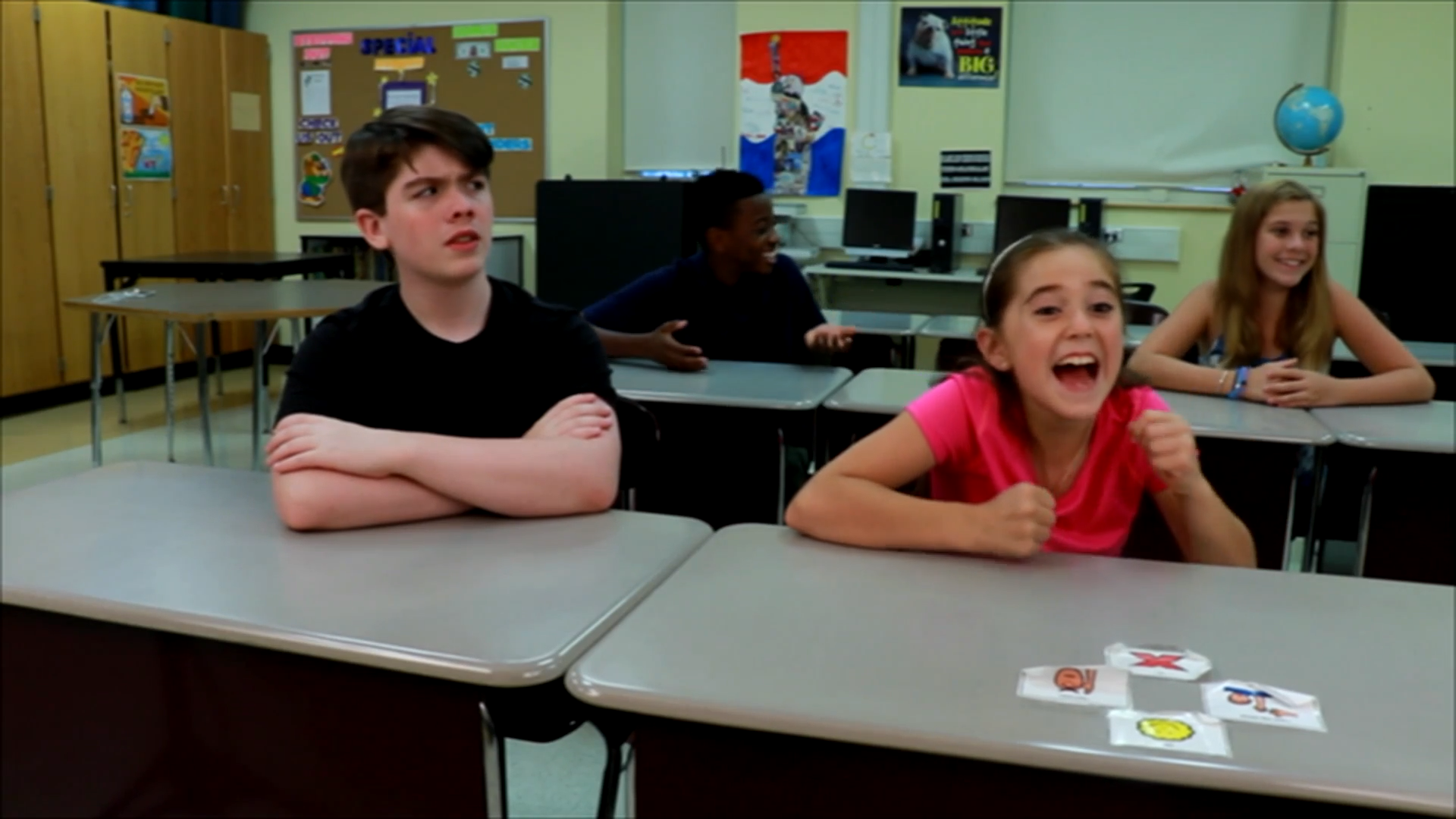Introducing students to new situations can be challenging, especially for those who need additional support in special education. One key skill to help them adapt is the ability to observe and learn from others. In this blog post, we’ll discuss the significance of this skill and how to create effective IEP goals to support its development.
Understanding Observation Skills in New Situations
Observation skills in new situations refer to a student’s ability to watch and learn from others when faced with unfamiliar tasks or environments. Developing these skills can significantly impact students’ learning, social interactions, and overall wellbeing. By observing, students can quickly understand how to participate and adapt to new situations, reducing anxiety and promoting confidence.
The Role of Specialists
Various specialists can support the development of observation skills in new situations:
- Speech-Language Pathologists: They can help students improve their listening and comprehension skills, which are crucial for observing and understanding verbal instructions.
- Social Workers: They can assist students in interpreting social cues and understanding appropriate behavior in new situations.
- Psychologists: They can provide strategies to help students manage anxiety and develop coping mechanisms when faced with new challenges.
- School Counselors: They can support students in building self-esteem and confidence, enabling them to approach new situations more positively.
IEP Goals for Observation Skills in New Situations
Here are some specific SMART IEP goals to improve observation skills in students:
Goal 1: Improve Listening and Comprehension
By [date], when given a new task or situation, the student will accurately follow verbal instructions by listening and observing others, with 80% accuracy in 4 out of 5 opportunities.
Strategies and Activities: Use role-playing, group discussions, and guided practice to help students develop their listening and comprehension skills.
Goal 2: Enhance Social Cues Interpretation
By [date], the student will accurately interpret social cues in new situations by observing others’ behaviors and responding appropriately, with 80% accuracy in 4 out of 5 opportunities.
Strategies and Activities: Use social stories, video modeling, and group activities to teach students how to recognize and respond to social cues.
Implementing and Measuring Progress
Implement these goals by collaborating with specialists, providing targeted instruction, and offering plenty of opportunities for practice. Measure progress by tracking students’ performance during activities and observing improvements in their ability to adapt to new situations.
Conclusion
Developing observation skills in new situations is crucial for students in special education. By creating effective IEP goals, educators can support students’ learning, social interactions, and overall wellbeing. We encourage you to apply these goals and strategies in your classroom and invite you to explore more resources at Everyday Speech Sample Materials.






